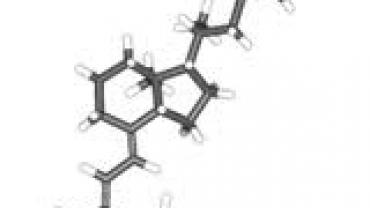
According to a new study published Tuesday in the Journal of Clinical Endocrinology & Metabolism researchers discovered a link between chemical exposure and reduced serum vitamin D levels.
Endocrine-disrupting chemicals (EDCs) have been known to cause adverse health effects such as diabetes and obesity by interfering with hormones in the body. There is more evidence than ever before as hundreds of studies have confirmed this over and over again.
EDCs are found in everyday products and throughout the environment. There are more than 85000 manufactured chemicals and of these thousands may fall into the category of EDCs. Many of these chemicals mimic block or interfere with the body's natural hormones and as a result EDCs alter the way cells proliferate and develop.
Examples of EDCs:
We are all exposed to endocrine-disrupting chemicals so the connection between these chemicals and vitamin D levels has a significant impact on our health. Vitamin D plays a significant role in musculoskeletal immune and cardiovascular health as well as diabetes and cancer.
This new study investigated data from 4667 adults between 2005 and 2010. EDC exposure was measured by a urine analysis. The researchers found that individuals who were exposed to larger amounts of phthalates had lower levels of vitamin D in the bloodstream than those who were exposed to smaller amounts of the EDCs. This association was more prevalent in women. It is possible that EDCs alter vitamin D through some of the same mechanisms that they use to impact other hormones in the body.
We live in an ever-increasing toxic environment. We are exposed to pesticides herbicides chemical solvents xenobiotics and industrial chemicals of all kinds through the food we eat the water we drink and the air we breathe. These toxins accumulate in our body and contribute to the total toxic load that can cause a variety of health problems.
We need to do our best to minimize further exposure to toxins as much as possible. We also have to keep in mind that our indoor environment is often more toxic than our outdoor environment.
Tip to Help Avoid EDCs:
There is also significant evidence demonstrating the importance of diet and nutritional supplementation in maintaining detoxification pathways.
Nutritional Support for Detoxification
Endocrine-disrupting chemicals are virtually impossible to avoid. Thus we need to do our best to limit our exposure and make lifestyle and nutritional choices to properly detoxify these chemicals.
By Michael Jurgelewicz DC DACBN DCBCN CNS